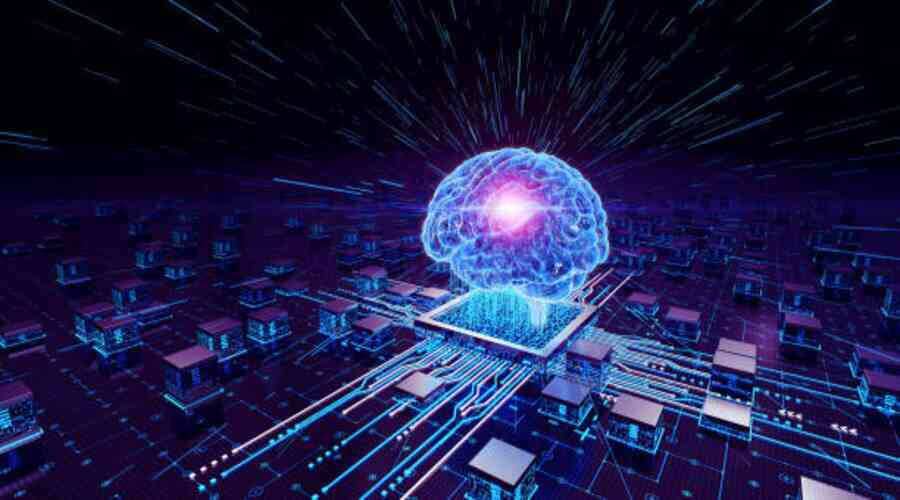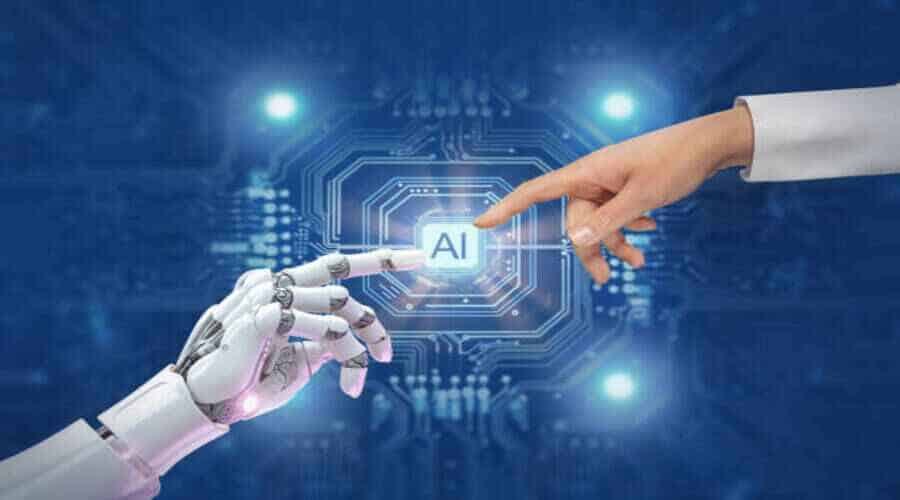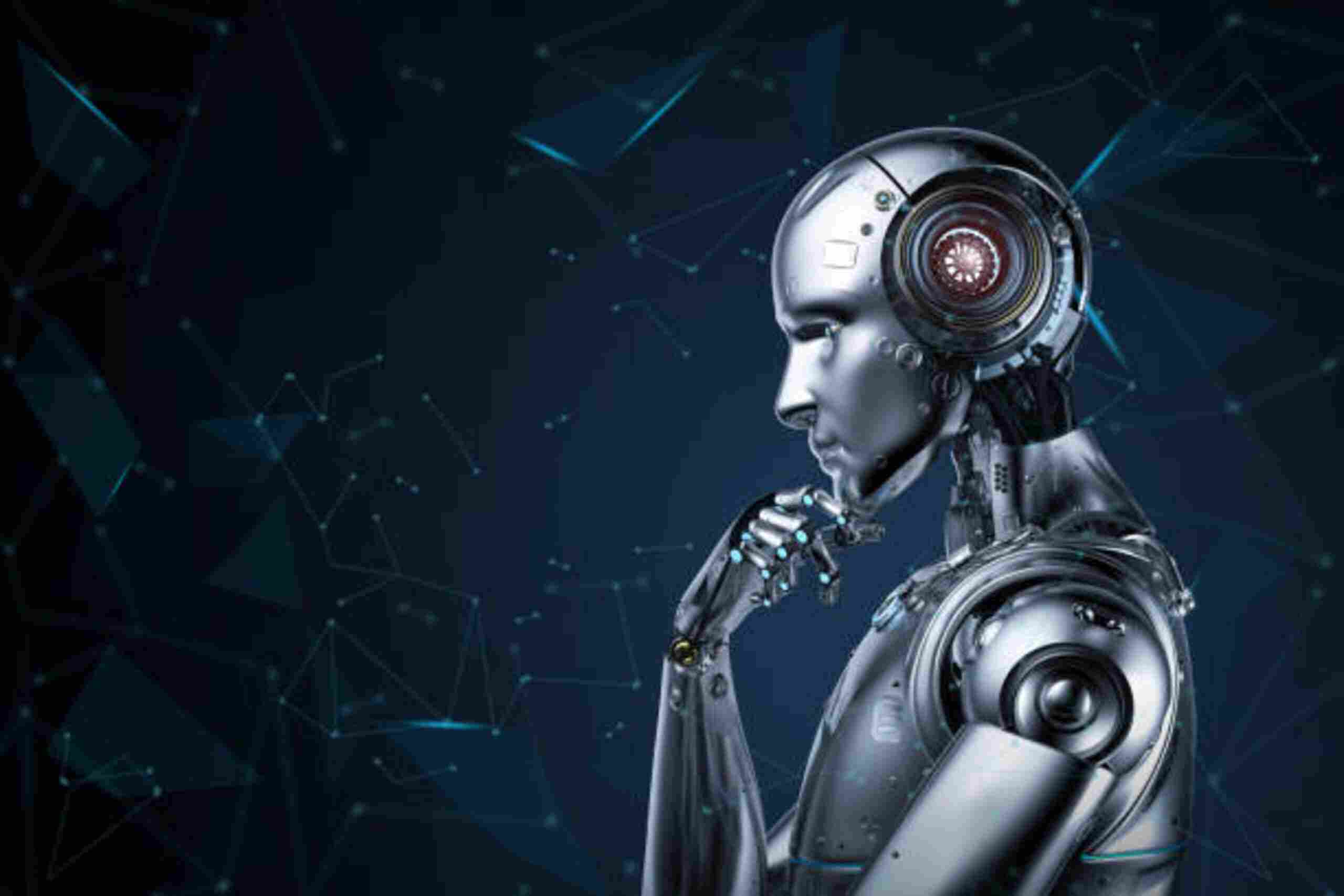Artificial Intelligence, or AI, is something you’ve probably seen or heard about gaining a lot of popularity. Whether it’s in humans, mobile phones, glasses, cars, or homes, AI is being implemented everywhere. Research is also being conducted on how to use AI more effectively. Stay with me in this blog as I discuss the future of AI and how it is going to impact our lives moving forward.
A short History of AI
If we talk about AI, you might think, based on what you’ve heard or the current environment, that AI is a new thing that has emerged in the last 5-10 years, and that we’ve just started experiencing its innovations. However, this is not the case. The term “AI” was first used in 1956 during a conference where it was discussed how machines would become smart and be able to perform various difficult tasks in the future. Over time, many developments occurred, and finally, we have reached a point where we can use the AI we have today. This means that AI is not just a recent phenomenon; it has taken almost 70 years to reach the point where we can use it now.
Current situation of AI
Right now, we have various AI tools like ChatGPT or video and photo creation tools that seem incredibly amazing. Seeing these, it might feel like AI has arrived and is very advanced. However, that’s not the case. AI is still in its infancy, like a baby. The AI we are experiencing now has very limited capabilities. For example, generative AI, like Samsung’s Galaxy AI, can instantly translate messages or notes you type and translate calls in real-time. It can also perform tasks like Circle to Search or summarize notes you create. But we can’t call this advanced AI. All these features provided by current AI are still in a very initial stage.But if we talk about the future of AI, it’s going to change the world. In the coming years, AI will significantly alter our lives. In the next 5-10 years, we will see many developments in AI.

AI in Future
Extreme view of AI
Now, what developments could we see? On one extreme, it might seem like the world will be filled with robots everywhere. Like in movies, we could see robots roaming the streets, performing all tasks. If you go to a store, there might be no humans, only robots as staff for billing. Truly, this is an extreme scenario. When and how this will happen is unknown, and by the time it happens, we might not even be the same humans on this planet anymore.
Nominal View of AI
But let me try to explain what is likely to happen in the coming years. In the near future, you’ll see many small but impactful changes around you, such as
AI in healthcare
Today, if you’re experiencing symptoms, you visit a doctor who asks you to take several tests. Based on these tests, the doctor tells you what’s wrong and prescribes medication. However, there can be human error involved; the doctor might not diagnose you accurately.
Now, imagine if instead of a human doctor, you had an AI doctor. This AI could compare your reports with millions of other reports and samples to provide highly accurate diagnoses that might not be possible for a human doctor. According to the WHO, there are 2.6 million deaths every year due to incorrect medication and prescriptions. This number is based on registered reports, and there might be many more unreported cases. With AI’s help, this issue could potentially be addressed in the future. AI in healthcare could be a significant step forward because it would increase accuracy, save time, and reduce deaths caused by incorrect medications.
However, this doesn’t mean that human doctors will be replaced by AI doctors anytime soon. That’s a long way off. Instead, AI can be seen as an assistant to doctors, helping them compare millions of reports in just a few minutes.

AI in Education
When it comes to education, AI is already helping both students and teachers. Currently, for studying, we need books, PDFs, eBooks, and teachers. However, not everyone has access to all these resources. With the advancements in AI in the education sector, we will soon have many virtual AI teachers capable of answering any question and explaining various concepts.
Right now, ChatGPT is a good example of this, but it isn’t advanced enough to solve and explain complex problems. In the future, we can expect AI to become more sophisticated, providing personalized and accessible education to everyone, regardless of their location or resources.
AI in Transportation
When it comes to the field of transportation, consider the concept of self-driving cars. Imagine AI reaching an extreme level where, for instance, a truck is driving on the road, and if another vehicle approaches it, an alert is triggered to maintain a safe distance and ensure other safety measures. From a safety point of view, self-driving cars would obviously rely heavily on AI.
AI will play a significant role in this domain, enhancing safety, efficiency, and the overall driving experience.
AI in Defense
When it comes to AI in the defense field, we are already witnessing its implementation. Almost all developed nations like the USA, UK, Russia, and China, as well as developing nations like India, are working on driverless planes and vehicles for the battlefield. Nations like China, India, and the USA have already developed various drones to monitor other countries. Without AI, creating self-driving cars, planes, or drones would be nearly impossible.
In the future, we will see even more uses of AI in the military. According to some leaks, the USA and China have already started working on robot army machines. Human soldiers face numerous dangers when on the borders, but robots would not have such issues. In the coming years, we might see robots working for the army. These robots might not look like the ones shown in movies; instead, they could be machine-like, fixed in one place and capable of firing when necessary.

I’ve long believed that AI won’t just enhance the way we live, but transform it fundamentally
Silvio Savarese
Now, as we have seen, generative AI is already making our tasks easier and will continue to do so in the future. People often talk about how many jobs will be lost due to AI, but this won’t happen immediately. For example, low-level jobs like helpers and other similar positions won’t be affected much, and even upper-level jobs won’t see significant changes. However, medium-level jobs like telecallers and similar roles might be at risk.
Many prominent figures have stated that the benefits of implementing AI will outweigh the drawbacks. India’s leading youth politician, Rahul Gandhi, has also mentioned that while thousands of jobs might be lost due to AI, millions of new jobs will be created.
If we consider the extreme scenario where AI starts thinking beyond human capabilities, as many CEOs of major companies have warned, humanity might face significant challenges. However, when and how this will happen remains to be seen.

